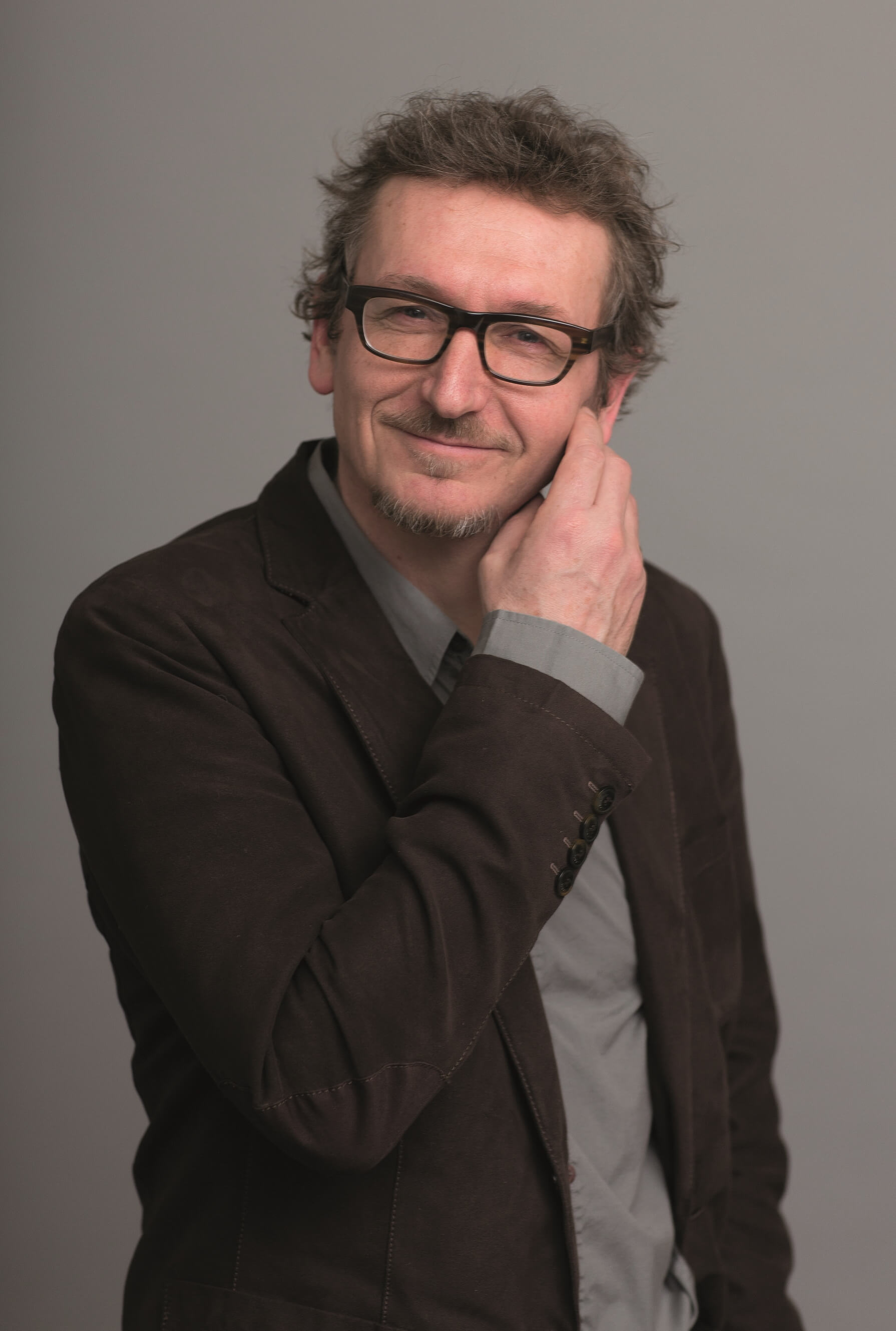Thirteenth International Summer School on Mind, Brain and Education
2018 October 16–20
Migrants and Refugees in the 21st Century: Children in and out of schools
Directors of the School:
Kurt W. Fischer, Antonio M. Battro and Sebastián J. Lipina
Director of the Course: Marcelo Suárez Orozco
Program Officer of the School: Lula Majdalani
Free University of Amsterdam (Netherlands)
Maurice Crul is a Professor of Sociology at the Free University in Amsterdam. In the last twenty-five years Maurice Crul mostly worked on the topic of education and children of immigrants, first within the Dutch context and in the last fifteen years in a comparative European and transatlantic context. Maurice Crul has coordinated two major international projects: the TIES project (The Integration of the European Second generation) and the so-called ELITES project. The core part of the TIES project, which included partners in 11 countries, was a survey among the second generation of Turkish, Moroccan and former Yugoslavian and Russian descent in nineteen cities: http://www.tiesproject.eu/. The TIES survey is the first comparative survey among the second generation in Europe and includes information about school and labour market careers, identity and transnationalism. The ‘ELITES: Pathways to Success’ targets a sub sample of successful second generation from the TIES survey looking at their pathways to success in Sweden, France, Germany and The Netherlands: https://www.elitesproject.eu/elites/. In 2017 Maurice Crul was awarded the ERC advanced grant for the project Becoming a Minority (BAM) on the integration of people of native descent in majority minority cities in Europe.

How school system differences affect the incorporation of refugee children in educatin in Europe, the Middle East and Turkey
Over the past few years many refugee children found their way from war-torn countries, alone or together with their families, to neighboring countries in the Middle East, to Turkey or to Europe. In this presentation we will compare how refugee children are incorporated into school systems both in Europe (Sweden, Germany and Greece) and outside Europe (Turkey and Lebanon). The five countries each represent very different responses to receiving children in their education system. From fully integrating them as soon as possible in regular classes to developing a total parallel school system. I will show which national institutional arrangements impede or help children to become successful in school. This includes access to compulsory school, access after compulsory school age, welcome or immersion classes, second language education and tracking mechanisms.















